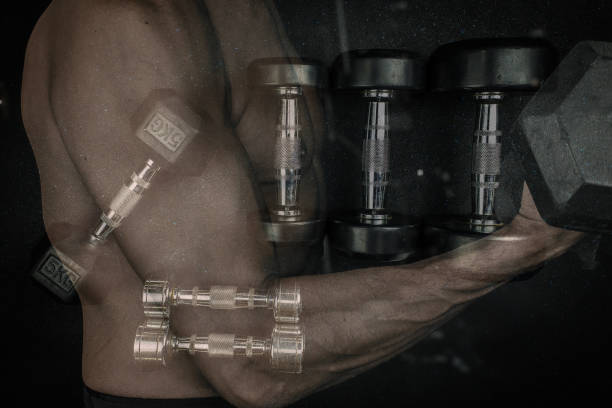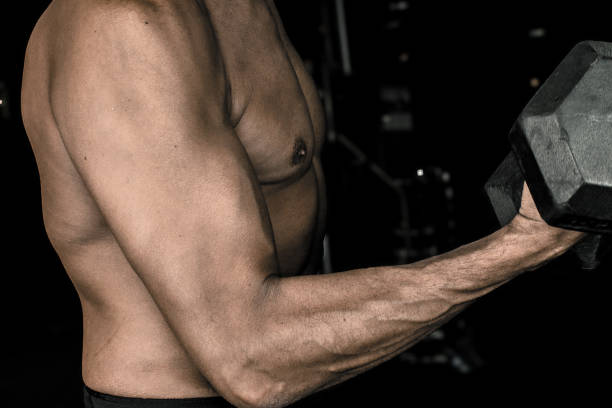Eating enough calories is essential for building muscle mass, also known as “bulking.” However, determining the exact number of calories you should eat can be tricky. Factors such as your age, gender, activity level, and muscle mass all play a role in determining your calorie needs.
To bulk, you will need to eat more calories than your body burns. This is known as a calorie surplus. The size of the surplus depends on your individual needs, but a general guideline is to aim for an extra 250-500 calories per day.
It is important to note that not all calories are created equal. To build muscle, you need to consume enough protein, which is the building block of muscle. Aim for at least 0.8 grams of protein per pound of body weight, or 1.6 grams per kilogram. For example, a 180-pound person should aim for at least 144 grams of protein per day.
In addition to protein, you also need to consume enough carbohydrates and healthy fats to support muscle growth. Carbohydrates provide energy for workouts and help replenish glycogen stores, while healthy fats provide essential nutrients and help regulate hormones.
To determine how many calories you should eat to bulk, you can use an online calculator, such as the one at MyFitnessPal or the Harris-Benedict equation. These calculators take into account your age, gender, weight, height, and activity level to estimate your daily calorie needs.
Once you have a rough estimate of your calorie needs, you can then experiment with different calorie levels to see how your body responds. If you’re not gaining weight, you can gradually increase your calorie intake until you find the right balance for your body.
It’s important to note that bulking isn’t just about eating more, it’s about eating the right foods. You’ll want to focus on nutrient-dense options, such as lean proteins, whole grains, fruits, and vegetables, as well as healthy fats, such as nuts, seeds, and avocados. Avoid processed foods and sugary drinks, as they can lead to weight gain without providing the necessary nutrients for muscle growth.
Another thing to consider is that while you are bulking, you’ll want to strength train. This will help you build muscle and get stronger. This can be done through resistance training, such as weightlifting, bodyweight exercises, or using resistance bands.
In summary, determining the exact number of calories you need to bulk can be tricky, as it depends on various factors such as age, gender, activity level, and muscle mass. A general guideline is to aim for an extra 250-500 calories per day and focus on nutrient-dense foods, such as lean proteins, whole grains, fruits, and vegetables, as well as healthy fats. With the right diet and exercise plan, you can build muscle and reach your fitness goals.
It’s also important to keep in mind that the weight gain process is gradual, it’s not going to happen overnight. It’s important to be patient and consistent with your nutrition and training. Additionally, it’s important to stay hydrated and get enough sleep, as both play a crucial role in muscle recovery and growth.

 Home
Home Health
Health Diet & Nutrition
Diet & Nutrition Living Well
Living Well More
More












